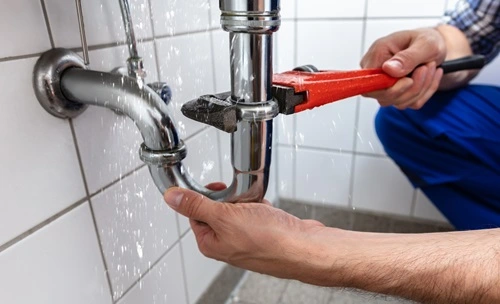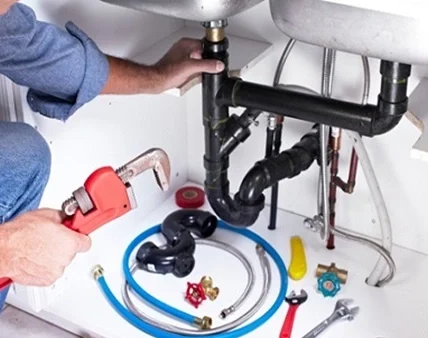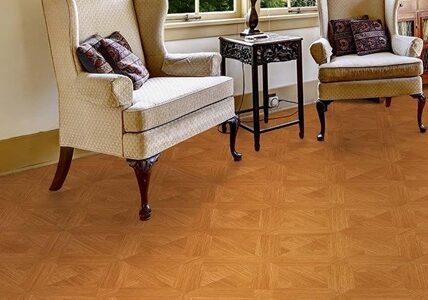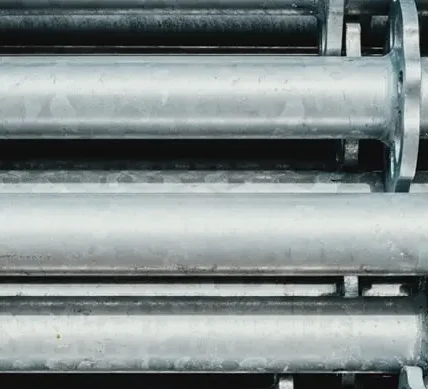Are you dealing with leaking pipes and wondering what could be causing the problem? Leaking pipes can be a homeowner’s nightmare, leading to costly repairs and water damage. Understanding the causes, signs, and solutions for leaking pipes can help you address the issue promptly and effectively. So, how do you identify and fix leaking pipes in your home?
Pipe relining in Sydney offers a reliable solution for fixing leaking pipes. This modern technique is often preferred over traditional methods due to its efficiency and minimal disruption. Here’s what you need to know.
Common Causes of Leaking Pipes
Leaking duct can result from a variety of factors:
- Corrosion: Over time, they can corrode, especially if made of metal. This corrosion weakens them, causing drips.
- High Water Pressure: While solid water flow is desirable, excessive pressure can strain them and lead to drip.
- Tree Roots: Tree roots can infiltrate hoses, causing cracks and breaks that result in leakage.
Signs of Leaking Pipes
Detecting it can save you from significant damage:
- Water Stains: Water stains on walls or roofs often indicate water dripping from channels within your home’s structure in Sydney.
- Increased Water Bill: A sudden, unexplained spike in your water bill might be due to hidden cracks.
- Unusual Sounds: Listen for unusual sounds, such as dripping or hissing, indicating a flow.
- Mould or Mildew: The mould or mildew could be caused by water dripping and creating a damp environment.
Impact of Leaking Pipes
They can have several detrimental effects on your home. Water damage is one of the most severe consequences, potentially ruining walls, floors, and furniture. They can also lead to mould growth, posing health risks to you and your family in Sydney. Addressing them can help avoid these problems and maintain a safe living environment.
DIY Fixes for Leaking Pipes
Some minor leaks can be settled with simple DIY methods. For instance, using a plumber’s tape can temporarily seal tiny cracks. Clamps can also secure the section until a more permanent solution is found. However, these fixes are often short-term and may not address their root cause. Assessing whether a professional repair in Sydney is needed to ensure a lasting solution.
Professional Pipe Repair Solutions
For more severe flow, professional repair in Sydney is necessary. Plumbers are proficient in diagnosing and fixing issues correctly. One standard method is replacement, where the damaged section is removed and replaced with a new one. Another advanced solution is pipe relining.
This technique involves inserting a resin-coated tube into the damaged one, which hardens to form a new, durable lining. It is less invasive, quicker, and more cost effective than traditional repairs.
Preventing Future Flow
Prevention is always better than cure, and regular maintenance can help prevent these. Inspect your pipes occasionally for any signs of wear or damage. Ensure that the water pressure in your home is regulated to avoid putting unnecessary strain. Additionally, be aware of what goes down your drains to prevent blockages that can cause them to burst or crack.
When to Call a Professional
It’s crucial to know when to call a professional plumber in Sydney. If you notice persistent, multiple leaks or signs of water damage, it’s time to seek expert help. A professional can precisely diagnose the problem and provide a long-term solution. Don’t wait until the damage becomes extensive and costly to repair.
Addressing leaking pipes efficiently is vital for maintaining your home’s integrity. When dealing with such issues, pipe relining in Sydney offers a modern, effective solution. Understanding the causes and signs of leaks can help you take timely activity and prevent further damage. Whether you choose a DIY fix or professional repair, ensuring they are in good condition is essential for a safe and comfortable home.

Brandon is the cheif editor and writer at WorldUnfolds.com. With a passion for storytelling and a keen editorial eye, he crafts engaging content that captivates and enlightens readers worldwide.















